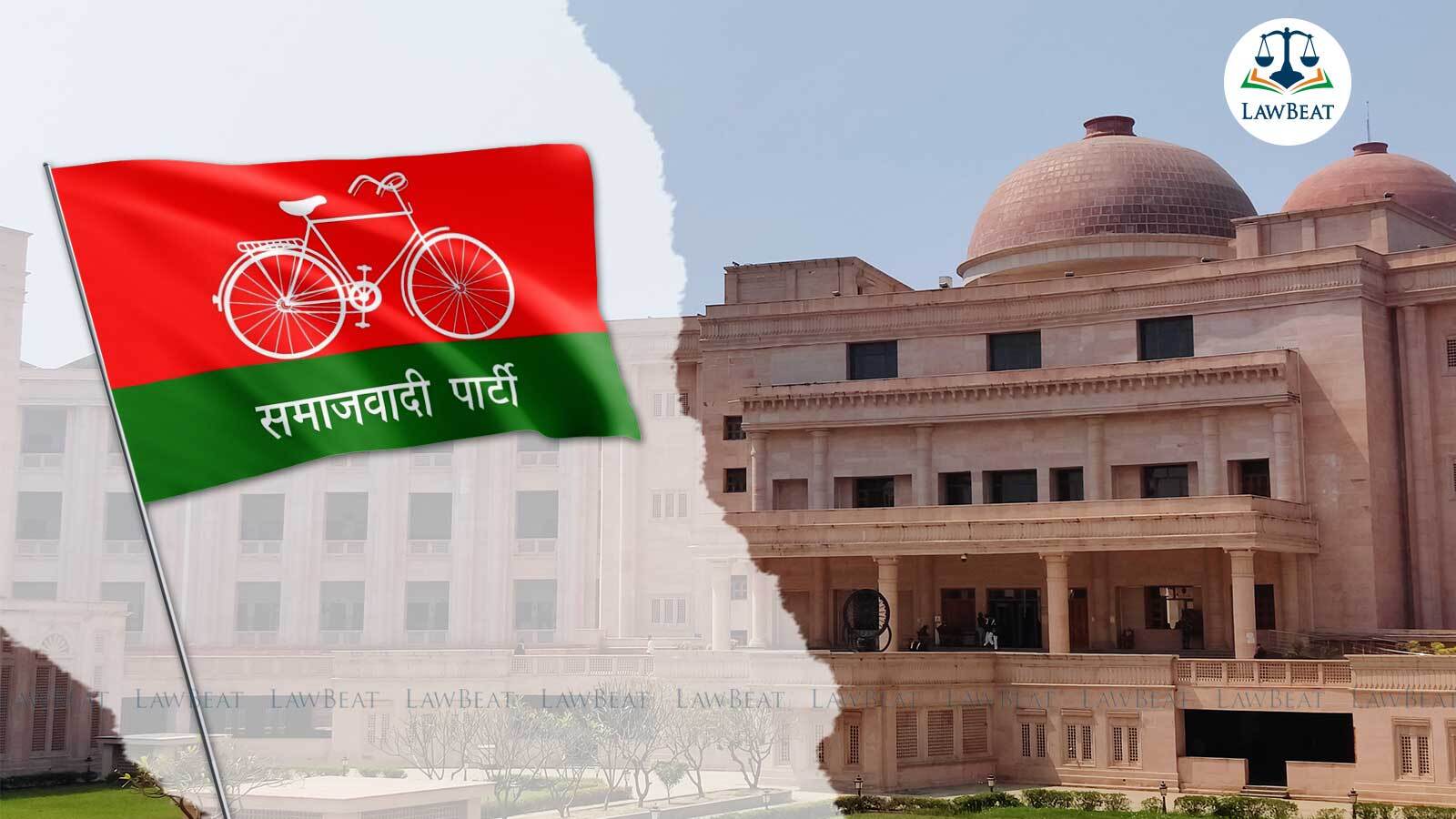Samajwadi Party moves Allahabad High Court against de-recognition of its party member as Leader of Opposition in UP Legislative Council

Yadav's recognition as the leader of the opposition was withdrawn citing the number of party members being less than 10 in the Legislative Council.
Samajwadi Party leader Lal Bihari Yadav has moved the Allahabad High Court against his de-recognition as the leader of opposition in the Uttar Pradesh Legislative Council.
Yadav, an elected member of the Legislative Council since 2020 who was recognized as the leader of opposition in the house on May 27 this year, has demanded to quash or stay the operation of the notification by which his recognition as the leader of opposition was withdrawn.
The office of Principal Secretary Uttar Pradesh Legislative Council, on July 7 issued a notification about Yadav's de-recognition. It was mentioned in the notification that "the number of members of Samajwadi Party in Uttar Pradesh Legislative Council is 9 and due to absence of the required number (i.e. minimum 10) the recognition as the leader of opposition in the Uttar Pradesh Legislative Council has been withdrawn."
Yadav's plea, drawn by Advocates Krishna Kanhaiya Pal and Pooja Pal, states that the action of the Principal Secretary, UP Legislative Council is contrary to rule 234 of the Uttar Pradesh Legislative Council’s Procedure and Conduct of Business Rules 1956.
It has been contended that as per the definition mentioned under Rule 234 of the Uttar Pradesh Legislative Council’s Procedure and Conduct of Business Rules 1956, there is no provision for de -recognition with regard to the leader of opposition in the UP Legislative Council.
Moreover, it states that Yadav's recognition as the leader of opposition has been withdrawn in a most arbitrary manner, without affording an opportunity of hearing to him.
It further reads that Yadav sent a representation on July 8 to the Chairman/Sabhapati of the Legislative Council and in the office of Principal Secretary, but to no avail.
Additionally, the plea states, "The definition of leader of opposition is defined under section 2(h) of the Uttar Pradesh State Legislature (members, emoluments and pension) Act, 1980 i.e. 2(h) which provides a member of the Assembly or the Council, who is, for the time being, recognized as such by the speaker, or the chairman, as the case may be."
"The leader of opposition in the houses of Indian Parliament is a statutory post, this post is defined in the salaries and allowances of leaders of opposition in parliament Act 1977, as simply the leader of the numerically biggest party in opposition to the government and recognised as such by the speaker/Chairman," it adds.
Further referring to the definition of 'leader of opposition' given under section 2(b) of the Gujrat Assembly (Leader the opposition) Salary and Allowances Act 1979, section 2 of the Salary and Allowances of the leader of opposition in the Assam Legislative Assembly Act, 1978, section 2 of the Leaders of Opposition in Maharashtra Legislature Salaries and Allowances Act, 1978, the plea stresses that "The point to note here is that the statute gives the numerically largest party in the opposition the right to have a leader recognised as leader of the opposition by the speaker."
The Uttar Pradesh Legislative Council (Hindi: Uttar Pradesh Vidhan Parishad) is the upper house of the bicameral legislature of Uttar Pradesh(UP) which is one of the six states in India, where the state legislature is bicameral, comprising two houses: the Vidhan Sabha (Legislative Assembly) and the Vidhan Parishad (Legislative Council).
UP Legislative Council (Vidhan Parishad) is a permanent House, Consisting of 100 members, (90 elected + 10 nominated).
Case Title: Lal Bihari Yadav v. Chairman/Sabhapati, Uttar Pradesh Legislative Council, & another.
